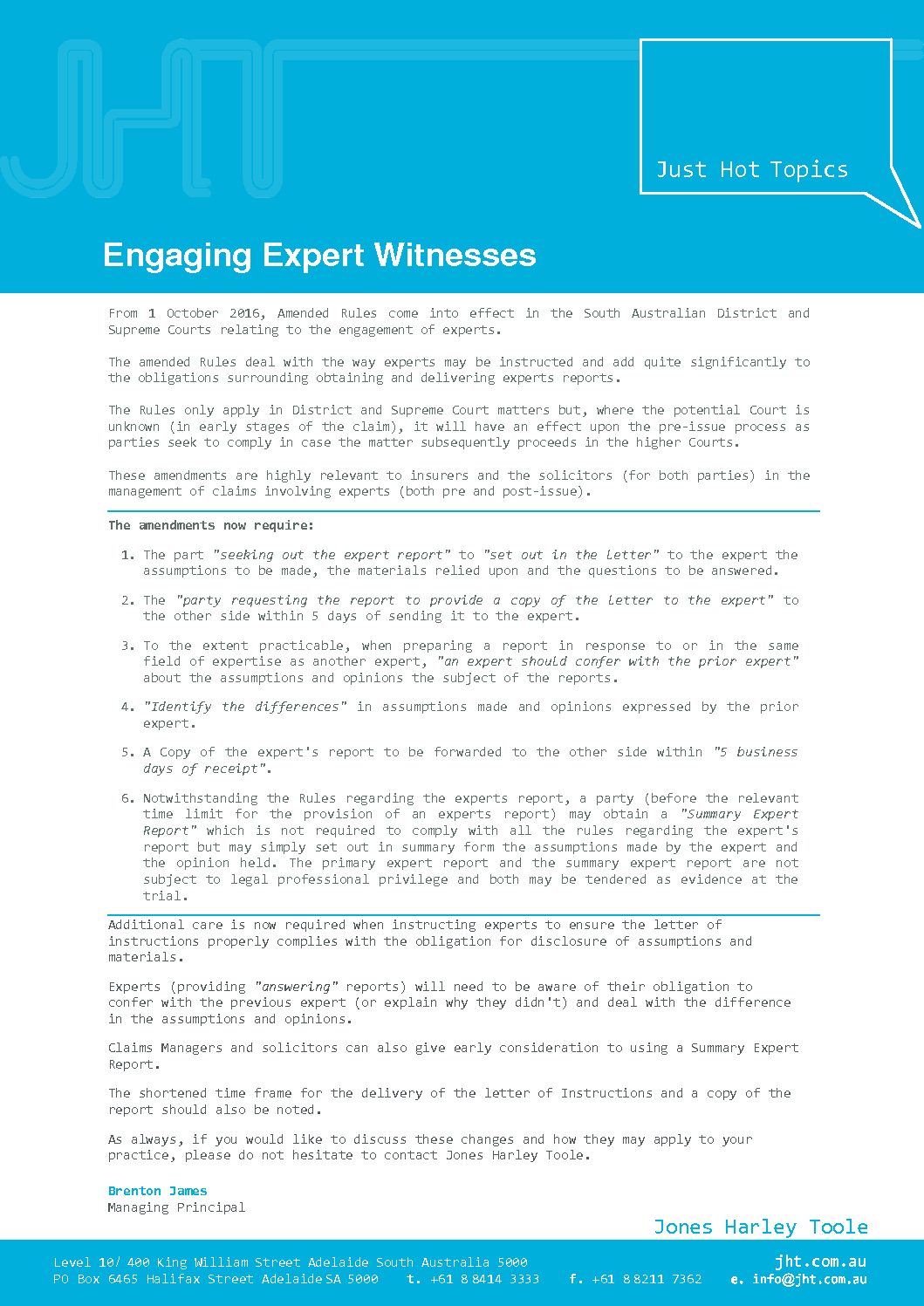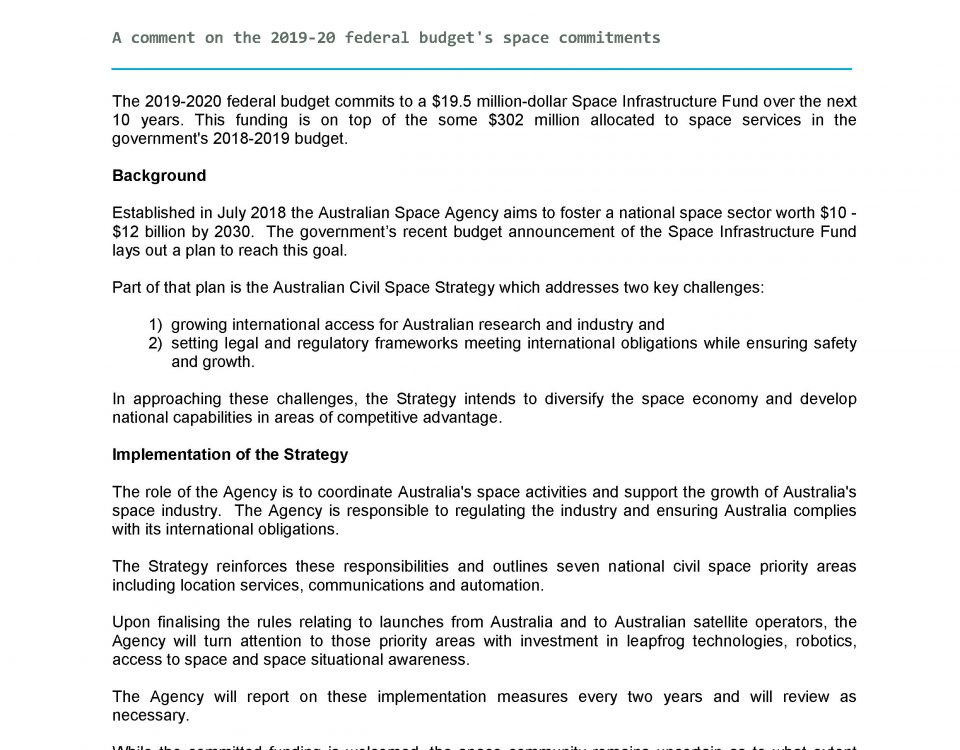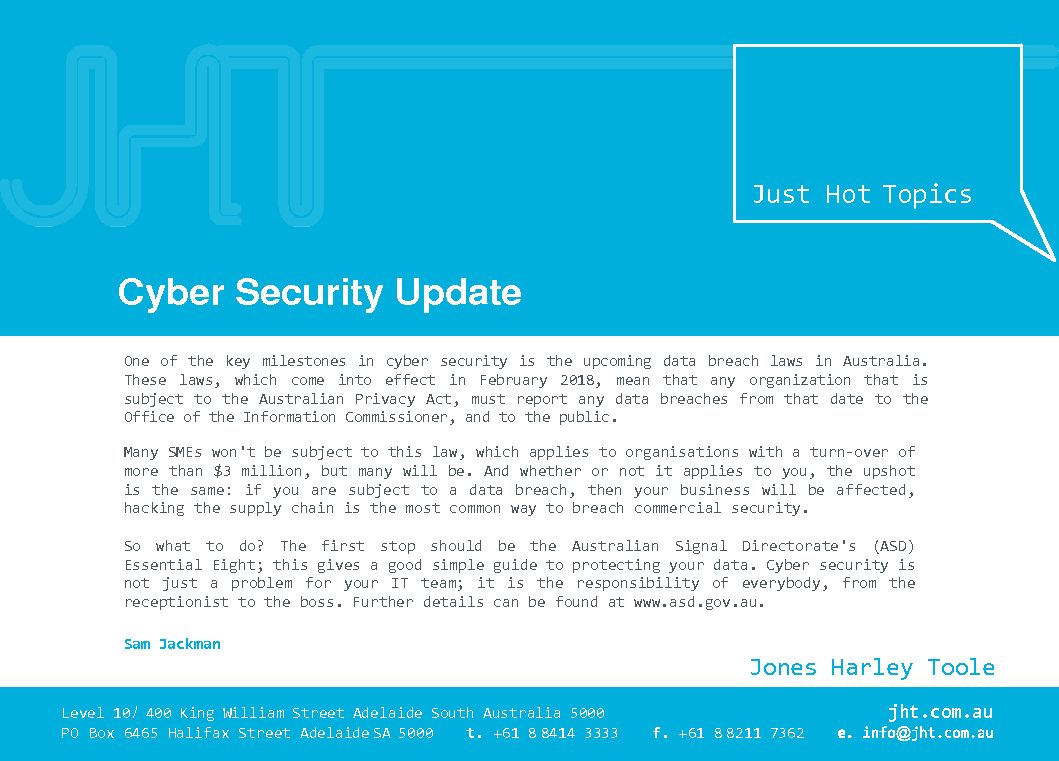ENGAGING EXPERT WITNESSES
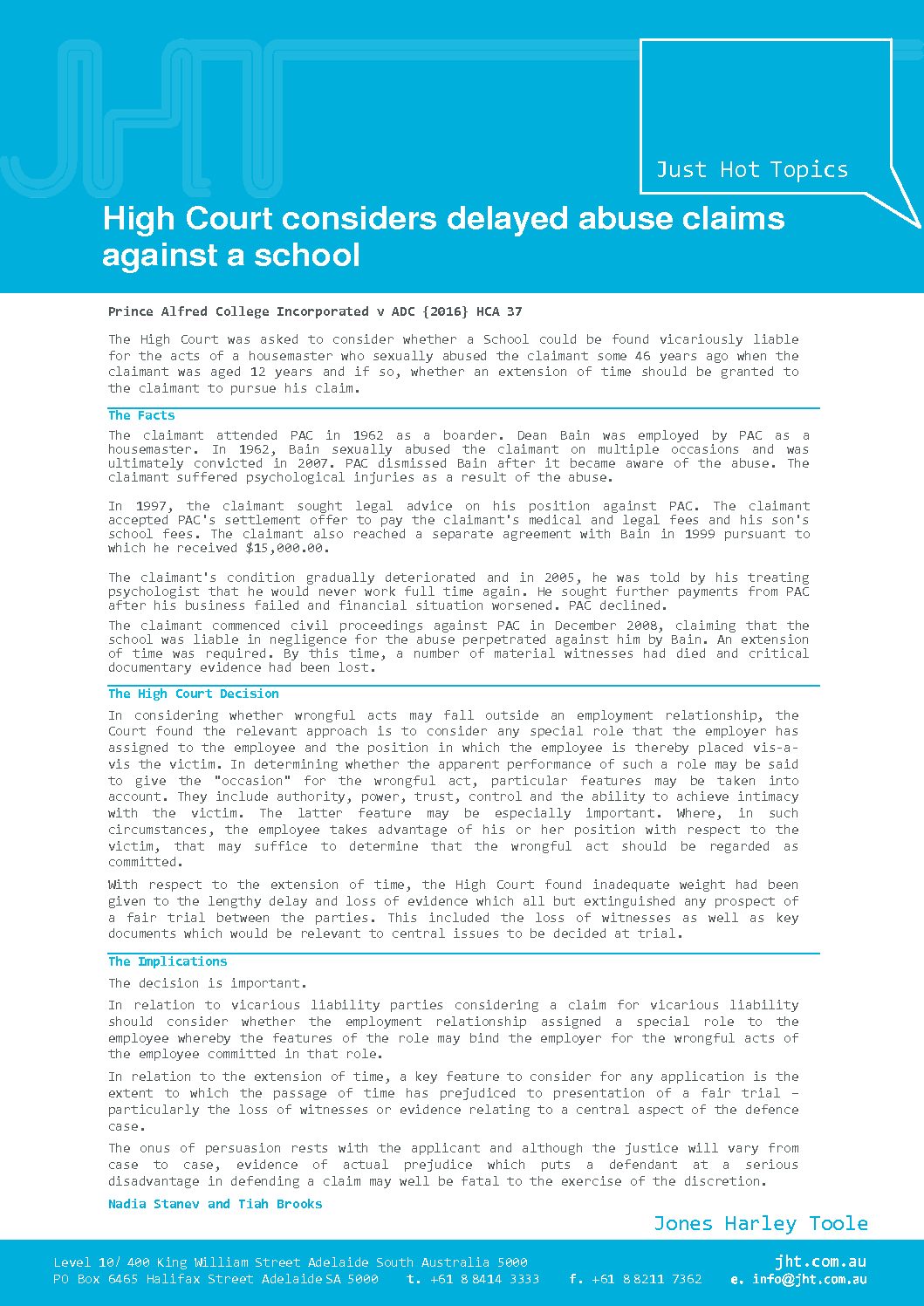
HIGH COURT CONSIDERS DELAYED ABUSE CLAIMS AGAINST A SCHOOL
13 October 201614th September 2016
From 1 October 2016, Amended Rules come into effect in the South Australian District and Supreme Courts relating to the engagement of experts.
The amended Rules deal with the way experts may be instructed and add quite significantly to the obligations surrounding obtaining and delivering experts reports.
The Rules only apply in District and Supreme Court matters but, where the potential Court is unknown (in early stages of the claim), it will have an effect upon the pre-issue process as parties seek to comply in case the matter subsequently proceeds in the higher Courts.
These amendments are highly relevant to insurers and the solicitors (for both parties) in the management of claims involving experts (both pre and post-issue).
The amendments now require:
1. The part "seeking out the expert report" to "set out in the letter" to the expert the assumptions to be made, the materials relied upon and the questions to be answered.
2. The "party requesting the report to provide a copy of the letter to the expert" to the other side within 5 days of sending it to the expert.
3. To the extent practicable, when preparing a report in response to or in the same field of expertise as another expert, "an expert should confer with the prior expert" about the assumptions and opinions the subject of the reports.
4. "Identify the differences" in assumptions made and opinions expressed by the prior expert.
5. A Copy of the expert's report to be forwarded to the other side within "5 business days of receipt".
6. Notwithstanding the Rules regarding the experts report, a party (before the relevant time limit for the provision of an experts report) may obtain a "Summary Expert Report" which is not required to comply with all the rules regarding the expert's report but may simply set out in summary form the assumptions made by the expert and the opinion held. The primary expert report and the summary expert report are not subject to legal professional privilege and both may be tendered as evidence at the trial.
Additional care is now required when instructing experts to ensure the letter of instructions properly complies with the obligation for disclosure of assumptions and materials.
Experts (providing "answering" reports) will need to be aware of their obligation to confer with the previous expert (or explain why they didn't) and deal with the difference in the assumptions and opinions.
Claims Managers and solicitors can also give early consideration to using a Summary Expert Report.
The shortened time frame for the delivery of the letter of Instructions and a copy of the report should also be noted.
As always, if you would like to discuss these changes and how they may apply to your practice, please do not hesitate to contact Jones Harley Toole.
Brenton James MANAGING PRINCIPAL
Click on the link below to view in PDF format
